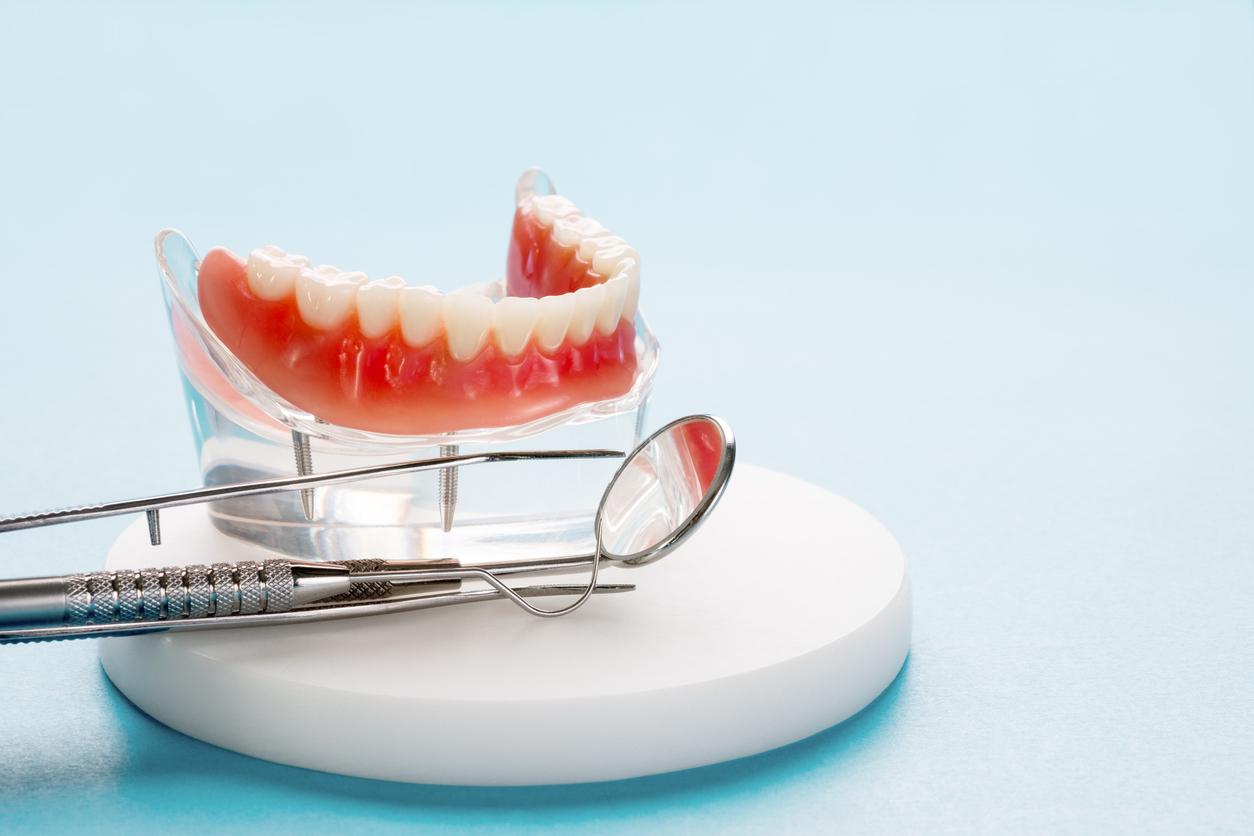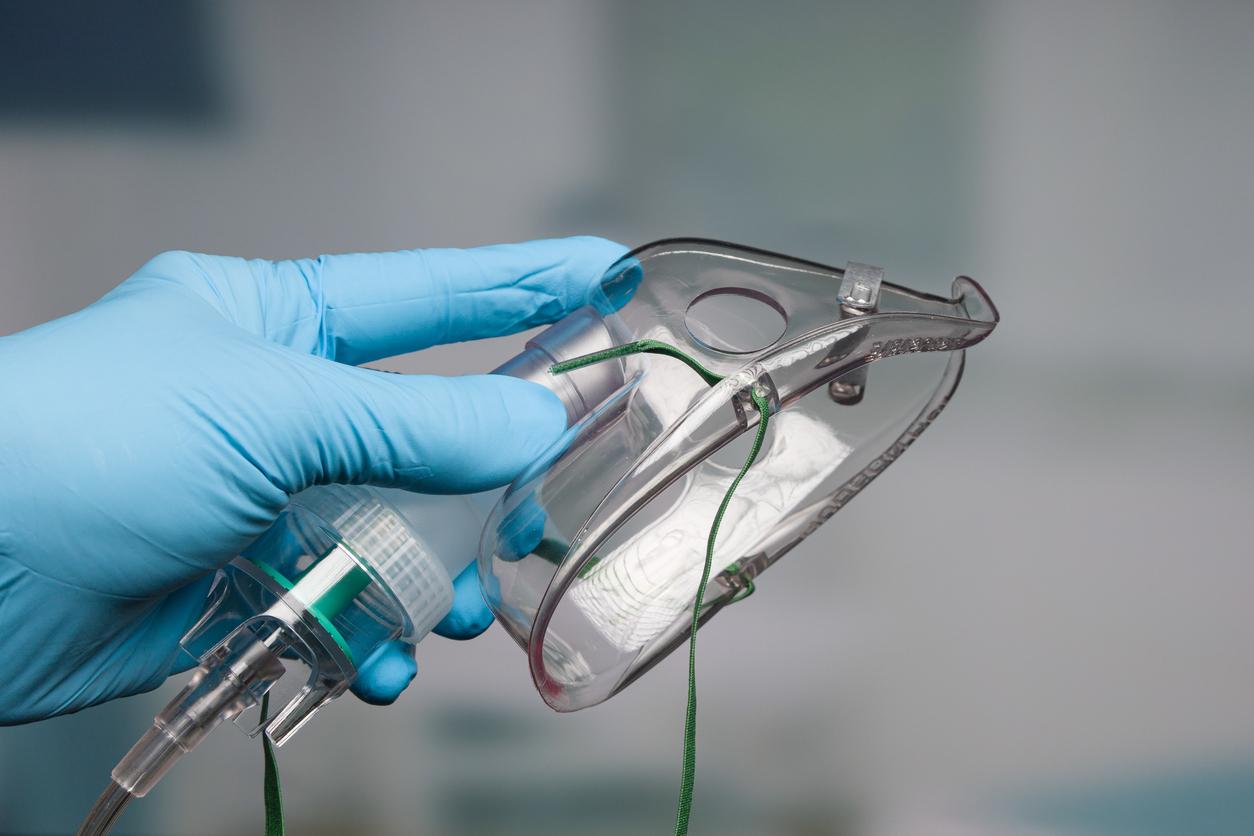Around the world, millions of people are infected with contaminated syringes. Health systems must adopt “smart syringes”, says the WHO.

“All over the world, using the same syringe or needle to inject multiple people is contributing to the spread of a number of deadly infectious diseases.” In his press release, WHO (World Health Organization) is tackling a relatively poorly understood problem. In rich countries as in poor states, millions of people are infected by infected syringes and reused.
Hepatitis C, HIV …
The UN Agency thus recalls a recent episode in Nevada, in the United States, where a doctor was at the origin of an outbreak of hepatitis C. He had performed anesthesia on a patient suffering from the disease, then reused the syringe to withdraw additional doses of anesthetic from the same vial, therefore contaminated with the hepatitis C virus, to give injections to other patients.
In Cambodia, a group of more than 200 children and adults living near Battambang, the country’s second city, tested positive for HIV in December 2014. The outbreak has since been blamed on unsafe injecting practices.
A total of 1.7 million people have been infected with the hepatitis B virus, 315,000 with the hepatitis C virus and no less than 33,800 with HIV following a risky injection, according to a study published in 2014 in Plos One, and sponsored by WHO.
Too many unnecessary injections in the world
In addition, the WHO denounces a practice excessively implemented in the world. “Every year, 16 billion injections are performed. About 5% of these injections are used to immunize children and adults and 5% are used for other acts such as blood transfusion and the administration of injectable contractors, ”she writes.
The remaining 90% is carried out in the muscle (intramuscular route) or in the skin (subcutaneous or intradermal route) to deliver drugs. However, “in many cases, they are not necessary and could be replaced by oral administration,” say the authors of the press release.
“We know the reasons for this situation,” writes Edward Kelley, department director at WHO. In many countries people expect an injection to be given and believe it is the most effective treatment. In addition, for many health workers in developing countries, giving injections to private clients is a means of supplementing a salary that is sometimes insufficient to support their families. “
Single-use syringes
For the necessary injections, the WHO recommends the generalization of “smart syringes”, equipped with devices that prevent their reuse. On some models, the piston has a frangible part which breaks if you try to pull on it after injection. Others have a metal clip that locks the plunger once it is pushed in.
The syringes are also equipped with devices that protect healthcare professionals against accidental needle sticks that cause infections. A sheath or cap runs down the needle and covers it completely after the injection.
Double the cost
WHO therefore urges countries to switch to the exclusive use of new syringes by 2020 and calls on manufacturers to start or increase production.
Unsecured syringes cost between $ 0.03 and $ 0.04 (€ 0.30) when purchased by a United Nations agency for a developing country. The new “smart” syringes cost at least double, notes the Organization, which. appeals to donors to facilitate uptake of this material, with the expectation that prices will drop as demand increases.
.















